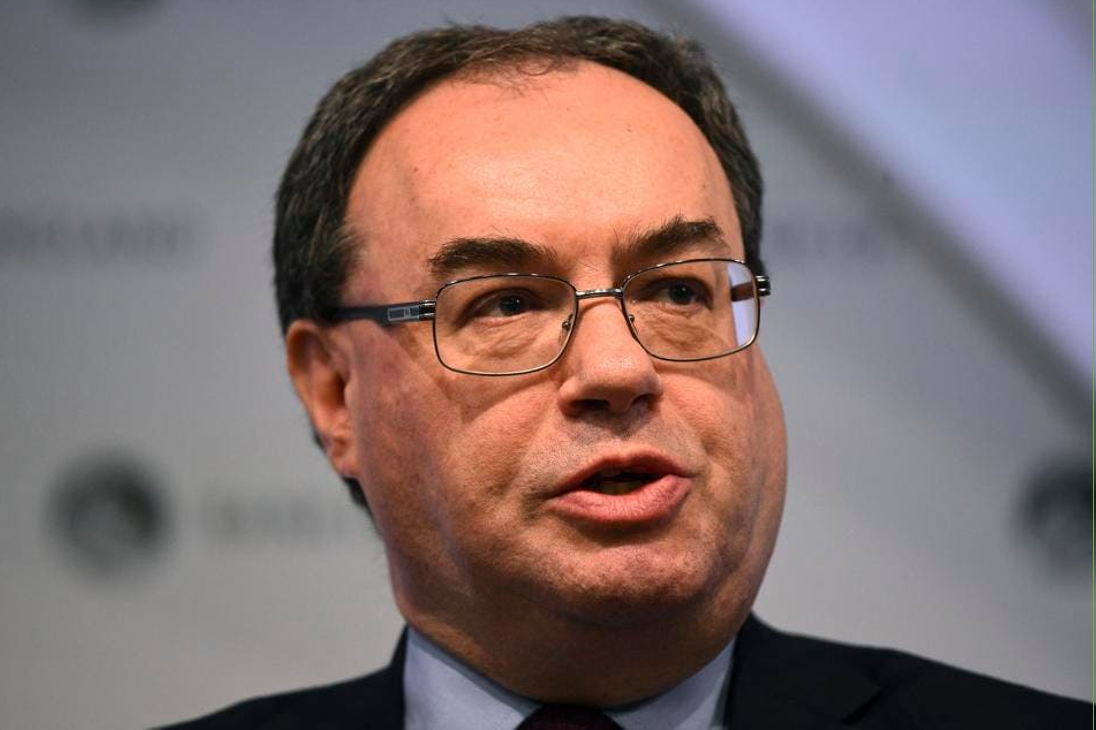
In a speech given earlier this week, Bank of England Governor Andrew Bailey outlined several potential avenues being investigated that could produce viable forms of ‘enhanced digital money’.
Importantly, Bailey stressed that such money should fulfil two key monetary foundations: ‘singleness of money’ and ‘finality of settlement’. In other words, it should have the same value whatever form it takes, and when used to pay for something we can be sure that payment is final. In defining ‘enhanced’ digital money, Bailey refered to:
“a unit of money to which there is the capability to attach a lot more executable actions, for instance contingent actions in so-called smart contracts, which could be simple or quite complex.”
These would necessarily preserve the singleness of money, but at the same time increase its utility. This, said Bailey, ruled out non-backed crypto assets such as bitcoin and ethereum, and the current crop of asset-backed stablecoins, which fail the basic singleness test.
However, this did not mean that such money must uniquely be issued by central banks, and Bailey went on to back up his deputy governor’s support in April for non-bank issued stablecoins that conformed with upcoming regulations and met the tests of singleness and settlement.
Although there is uncertainty with any new innovation, Bailey believes that there is a future for enhanced digital money, and urged against ‘a failure of imagination’ regarding its potential to streamline and innovate within the financial system. He cited previous scepticism on the benefits of the iPhone and even railways before their introduction as reasons not to write off the new technology.
On the current exploration of a potential retail CBDC, Bailey said that the bank was reviewing over 50,000 responses to a public consultation, which would feed back into the next stage of work on the subject and form the foundation of a future decision on whether to progress with such a project.
He stressed the central bank’s commitment to preserving physical cash for those who want to use it, and also that increased digitalization should not alter the current mix of commercial and central bank money. Commercial banks’ credit creation and lending should still be a key aspect of the future economy, and the implementation of tokenized deposits could bring enhanced digital money into this sphere of banking.
Finally, Bailey spoke about how enhanced digital money could revolutionize areas like settlement and custody, especially with regard to wholesale central bank money, i.e. the deposits made by banks and other financial institutions with the central bank.
This is already well underway, as the bank is currently renewing its Real Time Gross Settlement system, which will enable the bank to “deliver solutions which can integrate central bank digital money in RTGS with tokenised transactions.”
“[a team is] now working with industry to develop an ambitious world-leading roadmap of future payment innovations we will introduce in the UK.”
Exciting times are ahead for digital money in the UK. As ever we continue to Observe.
